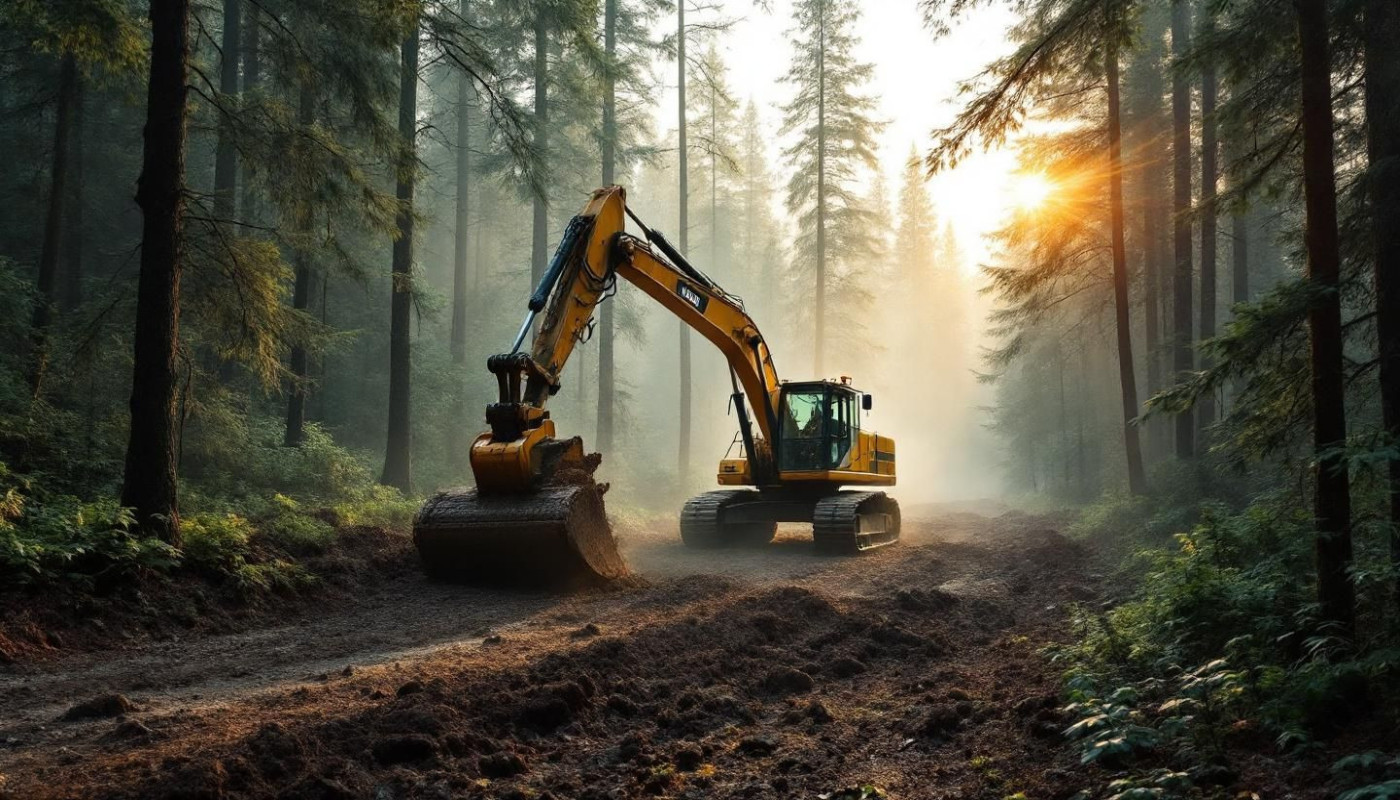Table of contents
In the world beneath our feet lies a fascinating, complex realm known as the soil ecosystem. This hidden life of soil is teeming with an incredible variety of organisms that play crucial roles in nurturing plant life, breaking down organic matter, and maintaining the natural balance of our environment. However, despite its importance, this underground kingdom often goes unnoticed and underappreciated. In this article, we will delve into the intriguing workings of these subterranean ecosystems to unravel their functions and significance to our world. Are you ready for a journey into the heart of Earth's vibrant crust? Your understanding of nature's wonders will never be quite the same again.
The intricate web: Soil biodiversity
Primarily, the focus must be directed towards a critical element - the soil biodiversity. This represents a self-contained microcosm, teeming with a variety of life forms that span from bacteria, fungi, to tiny insects. These inhabitants of the soil are not isolated entities but exist in complex networks, engaging in a multitude of symbiotic relationships. This intricate web of life organizes itself into an efficient system where each organism plays a vital role. The interaction between these subsoil organisms is vital for the functioning of nutrient cycles, forming a balanced ecological system that underpins the health and productivity of the soil. While each of these microorganisms in soil ecosystems contributes uniquely, their collective contribution is what makes the soil a vibrant and dynamic habitat, which is pivotal for the overall health of our planet.
Decomposition: Nature’s recycling process
Secondly, the topic of decomposition comes into focus. This pivotal process involves dead organic matter, like plants, being broken down by organisms known as detritivores. This breakdown serves as a vital component of nutrient cycling, returning essential nutrients back into the soil and effectively functioning as nature's own recycling system.
The Decomposition Process is not a singular action carried out by one organism, but rather a collaborative effort by various organisms, each contributing to the overall cycle in its unique way. Detritivores play a significant role in Decomposing Organic Matter, but they are not alone. A diverse array of bacteria, fungi, and other microorganisms also participate actively in this process.
Their collective work makes it feasible for the soil to continually support new growth and regeneration, which is fundamental for the survival of all terrestrial ecosystems. Unveiling the hidden life of soil provides a deeper understanding of the intricate and marvelous underground ecosystems that exist beneath our feet.
Nature's Architects: Earthworms
Delving into the hidden life beneath our feet, it is impossible to overlook the remarkable earthworm. As beneficial soil fauna, these humble creatures are specially designed to enrich soil health, facilitating natural processes that result in porous, aerated soils. They accomplish this feat through a process known as bioturbation, a term that refers to the mixing of soil layers through their burrowing and casting activities.
The intricate network of burrows created by earthworms serves as an essential system for soil aeration. As they wriggle and maneuver through the soil, their burrowing actions create tiny spaces, which in turn, improve the soil's porosity. This increased porosity allows both water and air to permeate more readily through the soil, enhancing its overall health and quality.
Furthermore, earthworms also contribute to the overall fertility of the soil through their casting activities. Castings are earthworm excretions that are rich in nutrients, such as nitrogen, phosphorus, and potassium - these are fundamental elements for plant growth. Consequently, the presence of earthworms in the soil inherently increases its fertility and water-holding capacity, making it a more conducive environment for plants.
In conclusion, despite their small size and simple lifestyle, earthworms play a significant role in maintaining and enhancing soil health. Their contribution to soil aeration and fertility is unmatched, making earthworms truly the architects of nature's underground ecosystem.
On the same subject

Exploring The Versatility Of Mulchers And Chippers In Land Management?

Exploring The Benefits And Drawbacks Of Rooftop Gardens

Unveiling the Power of Mycorrhizae for Healthier Plants

